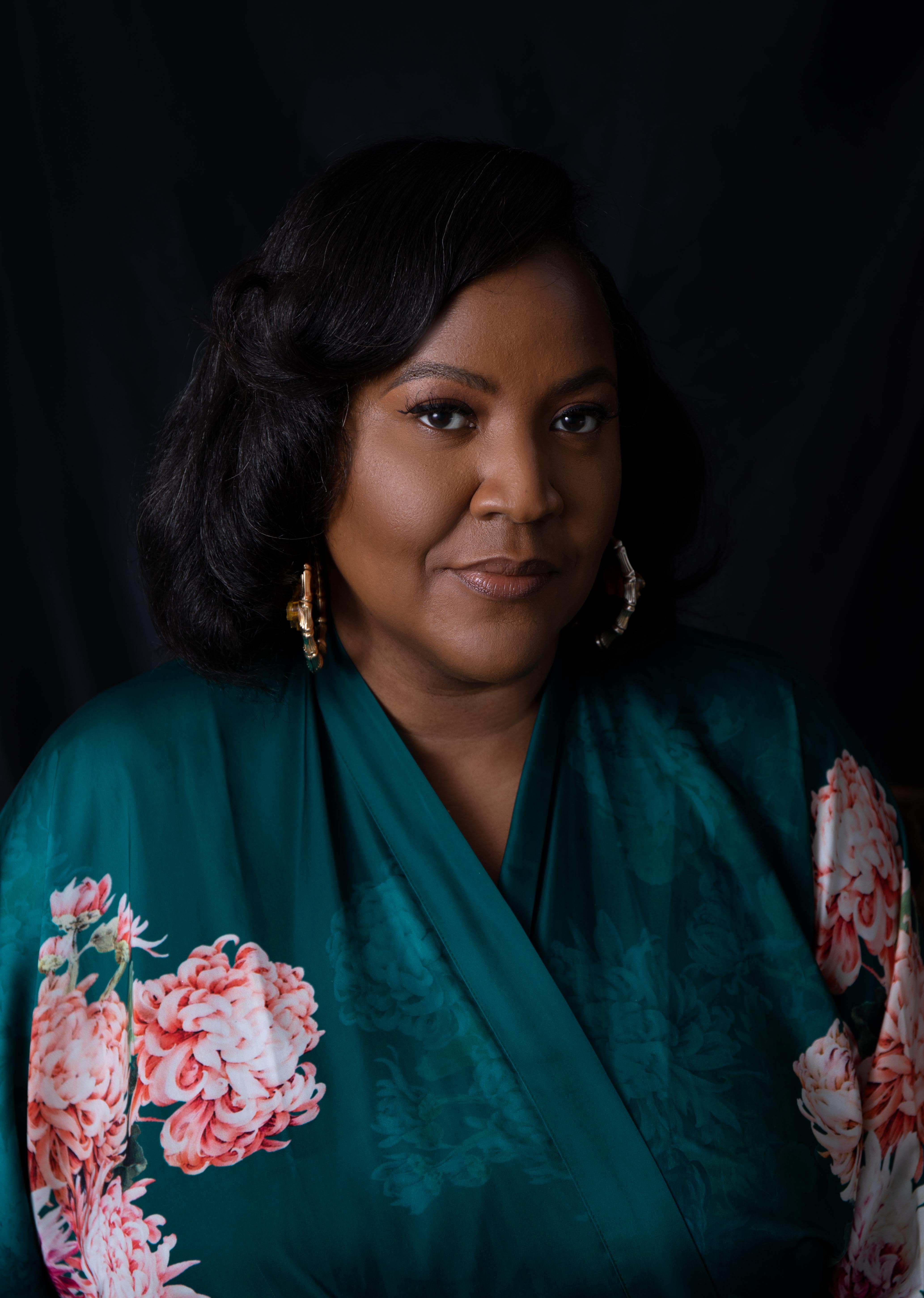Martin Luther King Jr. Commemorative Lecture 2026
Rest is Resistance: A Conversation with Tricia Hersey
Monday, February 9, 2026, Sage Chapel
Doors open at 6:00 p.m.
In person and via livestream. Free and open to the public.
Live captions will be available for the lecture.
This year’s annual Martin Luther King Jr. Commemoration will feature Tricia Hersey, a multidisciplinary artist, writer, theologian, and community organizer. Founder of The Nap Ministry, Hersey will speak on the liberatory, restorative, and disruptive power of rest as a fundamental human right and essential to advancing racial and social justice.
Tricia Hersey has over 25 years of experience as a multidisciplinary artist, writer, theologian and community organizer. Tricia is the founder of The Nap Ministry, the originator of the ‘rest as resistance’ and ‘rest as reparations’ frameworks, and creates sacred spaces where the liberatory power of rest can take hold in collaboration with communities all over the world. Tricia’s work is seeded within the soils of Black radical thought, somatics, womanism, and liberation theology, and is a guide for how to collectively unravel ourselves from the wreckage of capitalism and white supremacy.
She holds a Bachelor of Science in Public Health from Eastern Illinois University and a Master of Divinity from the Candler School of Theology at Emory University. She is the author of the New York Times bestselling book Rest is Resistance: A Manifesto, The Nap Ministry’s Rest Deck: 50 Practices to Resist Grind Culture, and We Will Rest!: The Art of Escape. You can learn more about her work at triciahersey.com.
Pre-registration is required for all in-person attendees.
Register for in-person event here.
Please arrive by 6:45 p.m. or your registration may be released for standby tickets.
Register for FREE here.
Register for livestream here.
You will receive an email with the livestream link.
Recording will be available for 15 days after the event; for those who register for livestream.
Check out the events below. You must register on CampusGroups here.
Feb 10: Rest Session with Tricia Hersey for Staff
Feb 10: Rest Session with Tricia Hersey for Students
Feb 11: Rest Session with Tricia Hersey for Students
Event Sponsors: Office of Spirituality and Meaning-Making; Black Student Empowerment; Greater Ithaca Activity Center (GIAC); Cornell Human Resources Department of Inclusion and Belonging; Office of Diversity and Inclusion at the College of Architecture, Art, and Planning; Health Promoting Campus; and Frederic C. Wood Lecture Fund.

